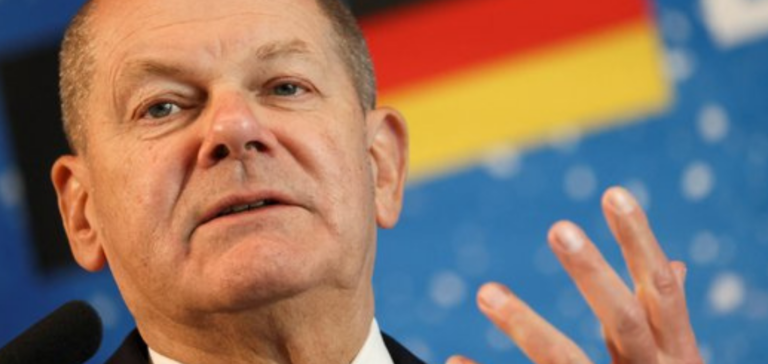The German government has announced a vast financial support plan to rescue its industry. This 30-billion-euro program, scheduled to run until 2028, aims to reduce energy costs for industrial companies.
Reducing energy costs for industry
Chancellor Olaf Scholz emphasized the importance of this plan, which will significantly reduce the tax on electricity. This tax cut will represent an annual fiscal shock of 3 billion euros for the German economy. Cella is demonstrating its commitment to tackling the long-term repercussions of the energy crisis and actively supporting the transition to more sustainable and less costly energy sources.
Significant reduction in electricity tax
The plan is to reduce the tax on electricity to the European minimum. In addition, 350 energy-consuming businesses will benefit from an extension of compensation schemes.
Reactions and criticisms of the Support Plan
The BDI industry lobby has welcomed the plan, while trade unions such as IG Metall have expressed reservations, particularly about the lack of employment-related conditions.
Economic and political implications
Germany, facing a recession, sees this plan as a strategy to stabilize its economy. It’s a compromise between different political visions, notably those of the Minister of the Economy and the Minister of Finance.
The plan’s impact on the economy and industrial competitiveness remains to be seen. The decision of the Constitutional Court will also be decisive for the future of this plan.
Germany’s energy support plan is an ambitious attempt to revitalize the national economy. Combining tax cuts, financial support and political compromise, its long-term impact remains an open question.






















